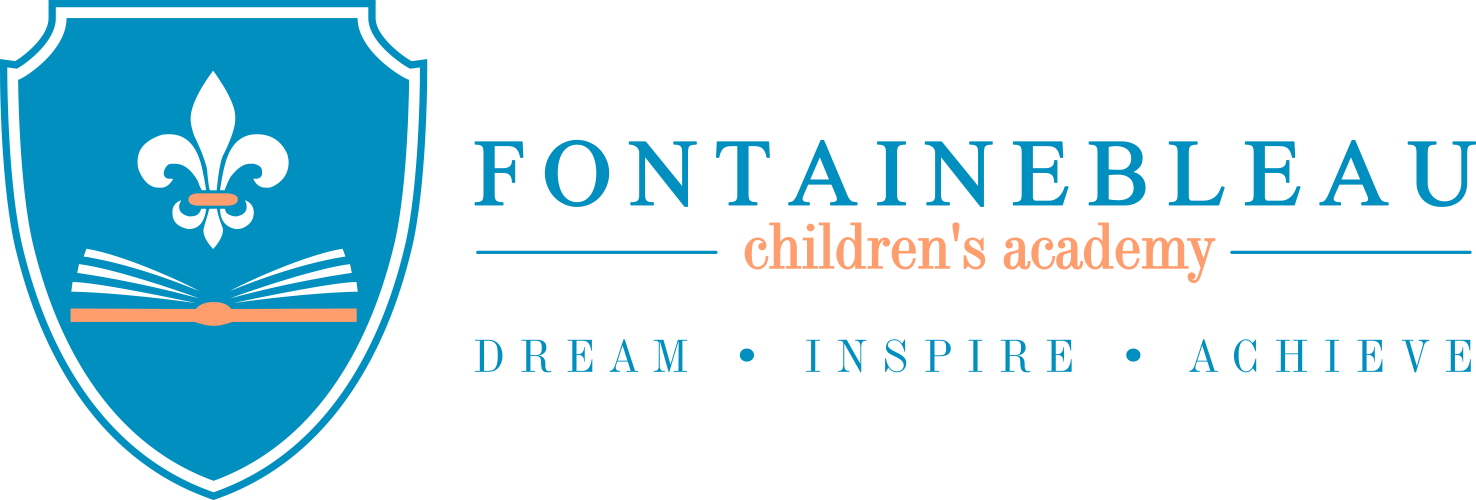1. The Rising Cost of Childcare and Its Impact on Families
Childcare costs have been steadily rising, putting financial pressure on families across the country. Factors such as increasing wages for qualified teachers, the rising cost of food and supplies, and the demand for high-quality early education programs all contribute to these expenses.
At Fontainebleau Children’s Academy, we understand that affordability is a top concern for parents. Despite rising operational costs, we have made every effort to keep our tuition stable while maintaining the high standards of care, education, and safety that families expect.
Why Are Childcare Costs Rising?
Several key factors contribute to the increased cost of early childhood education:
- Higher Wages for Educators – Skilled teachers are essential for quality childcare, and fair compensation is necessary to retain the best professionals. Investing in passionate, qualified educators directly benefits children's development.
- Increased Costs of Supplies and Food – Everything from learning materials to nutritious meals has become more expensive, requiring careful budgeting to maintain quality.
- Enhanced Safety and Compliance Regulations – Health and safety protocols, facility upgrades, and regulatory requirements continue to evolve, ensuring that children are in the safest possible learning environment.
Potential Solutions for Families
Although childcare costs present challenges, families have options to help manage expenses:
- Child Care Assistance Program (CCAP) – This state-funded program helps low-income families afford quality childcare, making early education accessible for more children.
- Birth to Five (B-3) Program – A growing initiative that expands access to early childhood programs, particularly for children from underserved communities.
- Child and Dependent Care Tax Credit – Families can claim a tax credit to offset some childcare costs.
- Employer Benefits – Some workplaces offer childcare stipends, flexible spending accounts, or partnerships with local childcare centers.
At Fontainebleau Children’s Academy, we are committed to providing exceptional early childhood education while working with families to explore financial assistance options. Every child deserves the best possible start in life, and we strive to make that opportunity accessible.




